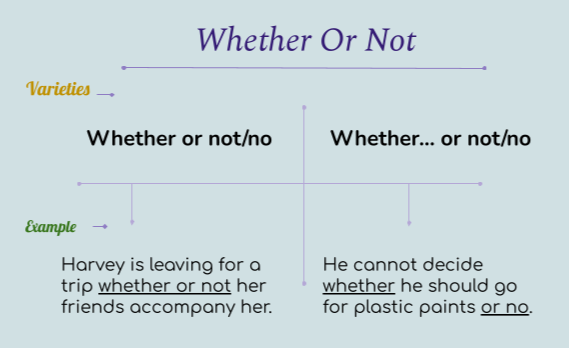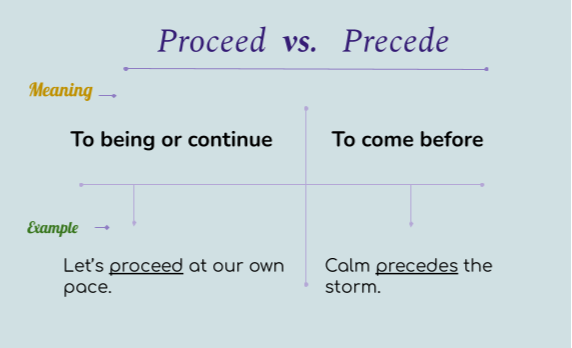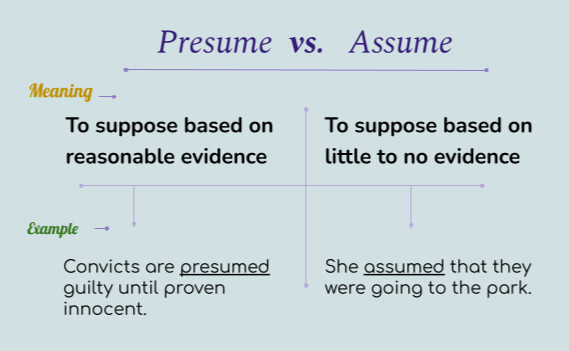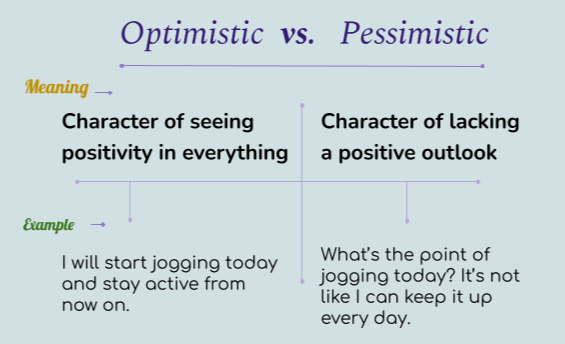Loose vs. Lose - Learn Correct Spellings

Loose is the lack of tightness where lose is to cop a defeat or inability to find something. These homophones always keep English users on their toes. There is no way to avoid the confusion than to educate ourselves about their inherent differences and how they are used in speech.
Loose
The state of slack, detached or not tightly bound is usually considered loose. Clothes can have loose in fitting or a knot can be loose in strength.
Ex. #1
- I like wearing loose and oversized clothes.
- I like wearing lose and oversized clothes.
Ex. #2
- Let’s put a loose tie on our shoelaces after the race.
- Let’s put a lose tie on our shoelaces after the race.
Oversized clothes are usually “loose” which means that it is not too tight for the wearers’ body frame. Loose garments are often preferred during summer for their breathable and free-flowing nature. When shoelaces are loosely tied, the feet have more space inside the shoes allowing extravagant movement or relaxation. Too loosely tied knots have a tendency to come apart easily.
The act of being released or setting free is expressed by the verb “Loose.” When something or someone is let loose, they are allowed to roam freely.
Ex. #1
- Mere anarchy is loosed upon the world.
- Mere anarchy is losed upon the world.
Ex. #2
- She loosed her grip suddenly and left everyone hanging.
- She losed her grip suddenly and left everyone hanging.
The “loose” in the examples above explains certain actions of releasing something or setting them free. The first example is quoted from the poem, “The Second Coming” by William Butler Yeats where he expresses the eminent anarchy in the world which seems like someone has suddenly let it out. The second example explains how others were left hanging when the subject released her control over the situation.
Lose
The act of being defeated or beaten by someone. In such situations, there is one party who ends up triumphant over the other as they “lose”.
Ex. #1
- We lose the game by a huge margin at this rate.
- We loose the game by a huge margin at this rate.
Ex.# 2
- Don’t lose daily battles if you wish to win the war.
- Don’t loose daily battles if you wish to win the war.
The first example illustrates a sporting situation where the subject has been beaten by a hefty margin. The second one takes on daily struggles which are explained to be battles and advises to not be defeated since the aim is to win at the real war - life.
The act of misplacing something is also referred to as “losing” it. When unable to find something, it can be considered “lost.”
Ex. #1
- Have you really lost your wedding ring?
- Have you really loosed your wedding ring?
Ex. #2
- Losing control of your company never ends well.
- Loosing control of your company never ends well.
The first example is the inquiry into whether the wedding ring is actually vanished which usually results in further headaches of conducting search parties. The second example talks about letting go of one’s hold over their own company which leads to monumental crises in the near future.
Comparison Table
The difference between these two words may be hard to remember but putting them side by side in a comparison table can always help. Pinpointing their finest differing factors and listing them like this can also help avoid misspellings in the future. Let’s take a look at the following comparison table -
|
Factors |
Loose |
Lose |
|
Pronunciation (IPA) |
/luːs/ |
/luːz/ |
|
Meaning |
Slack (adj.), release (v) |
Being defeated, unable to find |
|
Parts of Speech |
Adjective, Verb |
Verb |
|
Tenses |
Loosed (Past and Past Participle) |
Lost (Past and Past Participle) |
|
Used in situations |
|
|
|
Used in sentences |
Don’t loosen your grip. |
Don’t lose hope. |
Grammar
Read More
- How to Use "Therefore" in Sentences Avoiding Common Mistakes
- How to Use "Whereas" with Examples and Avoid Common Mistakes
- When and How to Use "Thus" Correctly Without Common Mistakes
- How to Use "On the Contrary" Properly with Meaning and Examples
- When and How to Use "Either/Or" with Examples and Common Mistakes to Avoid
- How to Use "On the Other Hand" Effectively without Mistakes
- How to Use "Respectively" with Example and Common Errors to Avoid
- How and When to Use "Moreover" Without Mistakes
- How to Use "Likewise" in Sentences Based on Context & When not to Use
- When & How to Use "Although" in Sentences to Avoid Mistake





